Search
Search Results
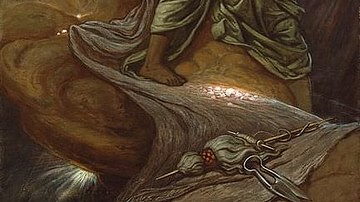
Definition
Theogony
The Theogony is an 8th-century BCE didactic and instructional poem, credited to the Greek poet Hesiod. The Theogony was, at first, not actually written down, rather, it was part of a rich oral tradition which only achieved written form decades...

Video
The Greek Myth of Pandora's Jar
Pandora and her jar or box a well-known figure from Greek myth, is known from the ancient literature as the first mortal woman who was crafted out of clay by the gods. The name Pandora can mean all- giving or the giver of all but also all-gifted...
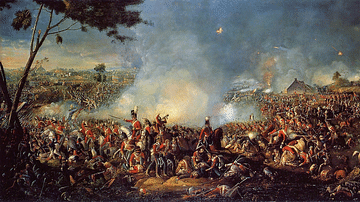
Article
Battle of Waterloo
The Battle of Waterloo (18 June 1815) was the last major engagement of the Napoleonic Wars (1803-1815), fought by a French army under Emperor Napoleon I (r. 1804-1814; 1815) against two armies of the Seventh Coalition. Waterloo resulted in...
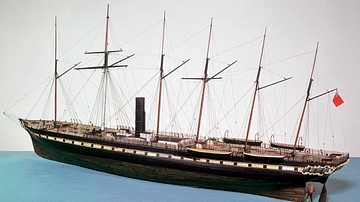
Definition
SS Great Britain
The SS Great Britain was a steam-powered ship designed by Isambard Kingdom Brunel (1806-1859) which sailed on its maiden voyage from Liverpool to New York in May 1845. It was the largest passenger ship in the world at the time and showed...
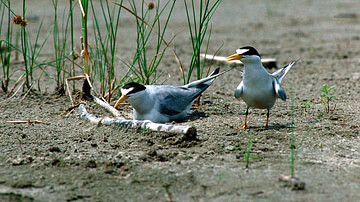
Article
A Story of Faith
A Story of Faith is a legend of the Pawnee nation similar in theme to The Boy Who Was Sacrificed and featuring the same sacred animals – the Nahu'rac – who serve Ti-ra'wa ("Father Above") from their homes in five mystical places. This story...
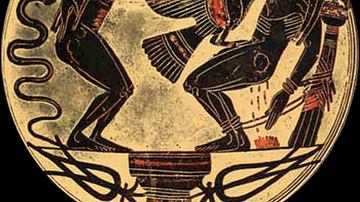
Definition
Prometheus
In Greek mythology, the Titan Prometheus had a reputation as being something of a clever trickster and he famously gave the human race the gift of fire and the skill of metalwork, an action for which he was punished by Zeus, who ensured everyday...
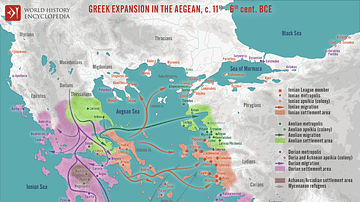
Image
Greek Expansion in the Ancient Aegean
A map illustrating the trends and directions of the expansion of the ancient Geeks across the Aegean during the so-called Greek Dark Ages in the wake of the collapse of the Mycenaean civilization. During the 1100s BCE, fueled by a variety...
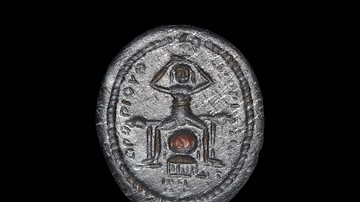
Definition
Eileithyia
Eileithyia (or Ilithyia) was the goddess of childbirth in Greek mythology, with the power to either help or hinder childbirth. She most famously played a role in the birth of Hercules and Apollo. Eileithyia was the daughter of Zeus and Hera...
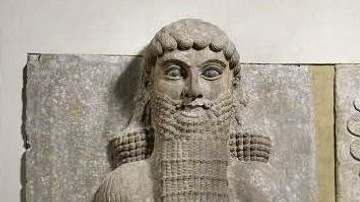
Article
The Death of Gilgamesh
The Death of Gilgamesh is a Sumerian poem relating the death and afterlife of the famous hero-king of Uruk, who had become a legendary figure. The piece is dated to before the Ur III Period (2047-1750 BCE), and although its theme informs...
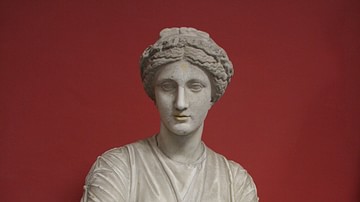
Article
Hesiod on the Birth of the Gods
The Greek poet Hesiod (c. 700 BCE) is most famous for his works Theogony and Works and Days. In this passage from Theogony, Hesiod relates the birth of the gods from cosmic Chaos and follows the lineage through the great Zeus, King of the...